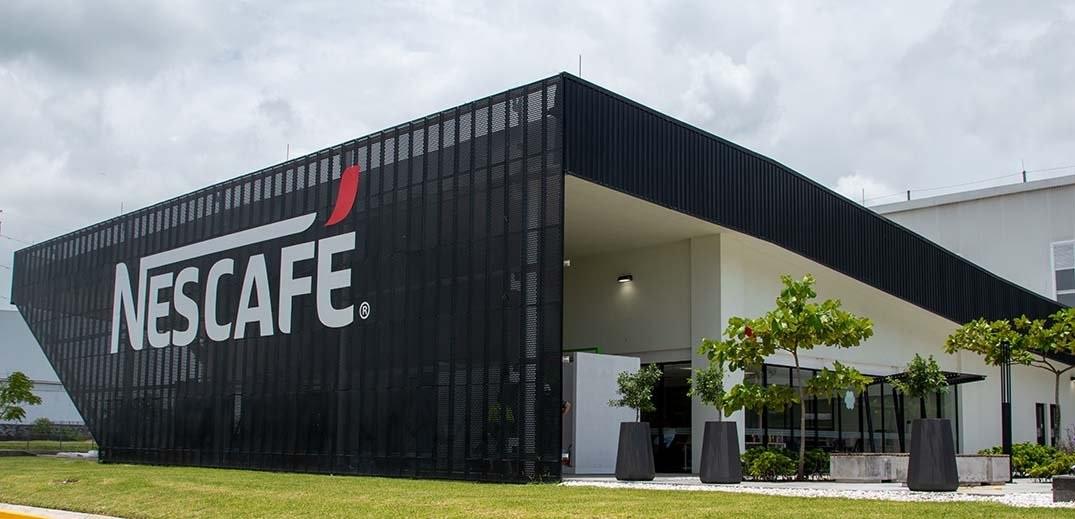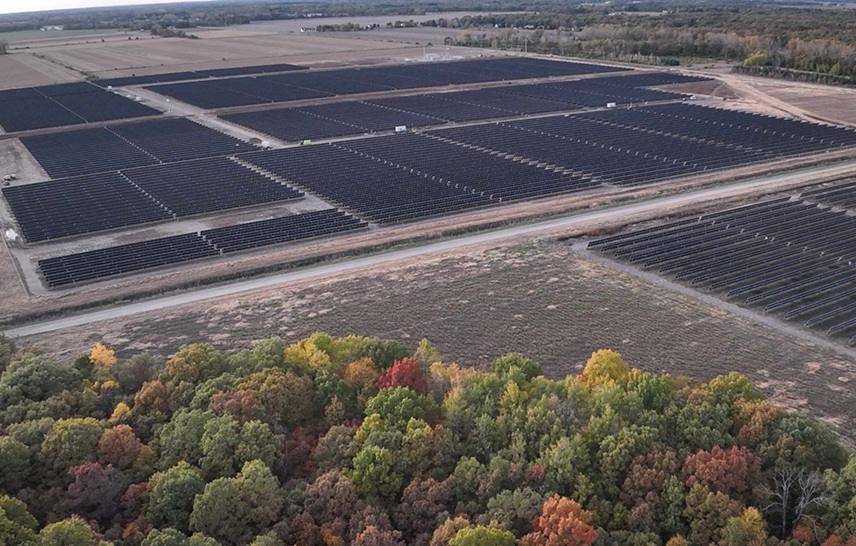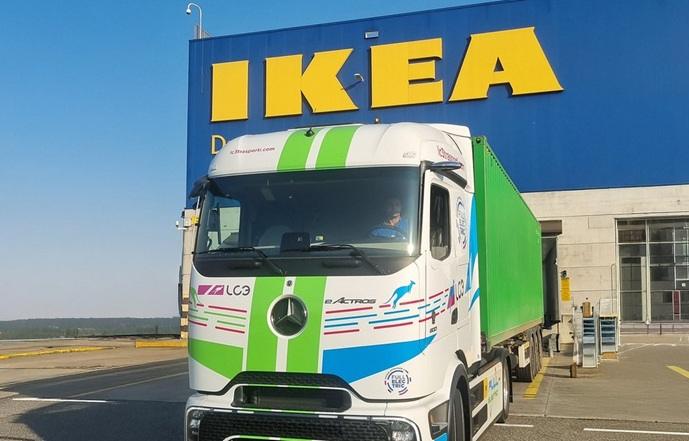Nestlé’s Nescafé Significantly Beats Sustainable Coffee Farming Goal
Global food and beverage company Nestlé revealed that its largest coffee brand, Nescafé, sourced nearly a third of its coffee from farmers implementing regenerative agriculture practices in 2024, significantly beating the company’s goal to reach 20% by 2025.
The company’s achievement was announced with the release of its Nescafé Plan 2030 Progress Report, detailing the brand’s progress on its strategy to improve the sustainability of coffee farming. Nescafé launched the strategy in 2022, with a commitment to invest over $1 billion in the plan by 2030.
Nescafé’s 2030 plan focuses heavily on helping farmers in its supply chain transition to regenerative agriculture practices. Regenerative agriculture practices are aimed at addressing the environmental impact of farming, and include techniques to improve and restore ecosystems, build soil health and fertility, reduce emissions, enhance watershed management, and increase biodiversity, resulting in increased yields and more climate-resilient soils, as well as improved farmers’ livelihoods.
As part of its initiatives, supporting coffee farmers transition to practices such as optimized fertilization, soil cover, mulching and composting, with the aim of improving productivity and lowering their costs.
The adoption of the regenerative agricultural practices also helps reduce greenhouse gas emissions, with Nescafé noting that participants of the Nescafé Plan achieved a reduction ranging from 20% to 40% of GHG emissions per kilogram of green coffee in 2024.
With the initial target met, Nescafé said that it is now pushing towards its next goal to reach 50% of coffee from farms with regenerative agricultural practices by 2030. Currently, the company said that the plan covers more than 400,000 hectares of coffee farmlands and that over 200,000 coffee farmers in 16 countries were trained in regenerative agriculture in 2024.
Axel Touzet, Head of Nestlé’s Coffee Brands Strategic Business Unit, said:
“Regenerative agriculture is at the heart of the Nescafé Plan and our efforts to build resilience in our coffee supply chain. This third Progress Report shows that farmers are becoming increasingly aware of the benefits of these practices, as shown by the increased adoption rates. This encourages us to continue the work we do with our partners, suppliers and farmers in the regions where we source our coffee.”





